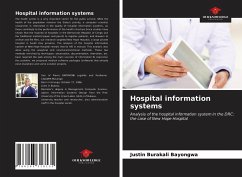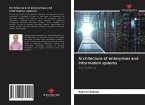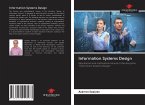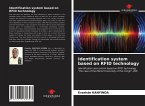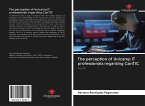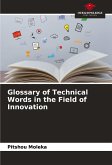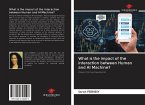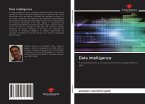The health sector is a very important sector for the public service. While the health of the population remains the State's priority, a computer scientist researcher is interested in the quality of hospital information systems, as these contribute to the performance of the health structure.Since studies have shown that the majority of hospitals in the Democratic Republic of Congo use the traditional method (paper and pencil) to register patients, and drawers to archive and file files, our research targeted New Hope Hospital, a large private hospital in South Kivu province. The analysis of the hospital information system at New Hope Hospital reveals that its HIS is manual. This analysis was done using the analytical and structural-functional methods. These two methods enriched by techniques: observation, documentation, interviews, etc. have required the web among the main sources of information.To overcome this problem, we proposed medical software packages (software) that already exist elsewhere and some solution projects.
Hinweis: Dieser Artikel kann nur an eine deutsche Lieferadresse ausgeliefert werden.
Hinweis: Dieser Artikel kann nur an eine deutsche Lieferadresse ausgeliefert werden.

